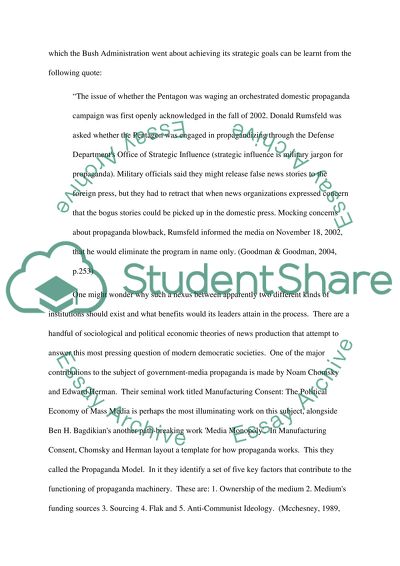Cite this document
(“Propaganda Research Paper Example | Topics and Well Written Essays - 1500 words”, n.d.)
Retrieved from https://studentshare.org/family-consumer-science/1418055-propaganda
Retrieved from https://studentshare.org/family-consumer-science/1418055-propaganda
(Propaganda Research Paper Example | Topics and Well Written Essays - 1500 Words)
https://studentshare.org/family-consumer-science/1418055-propaganda.
https://studentshare.org/family-consumer-science/1418055-propaganda.
“Propaganda Research Paper Example | Topics and Well Written Essays - 1500 Words”, n.d. https://studentshare.org/family-consumer-science/1418055-propaganda.


